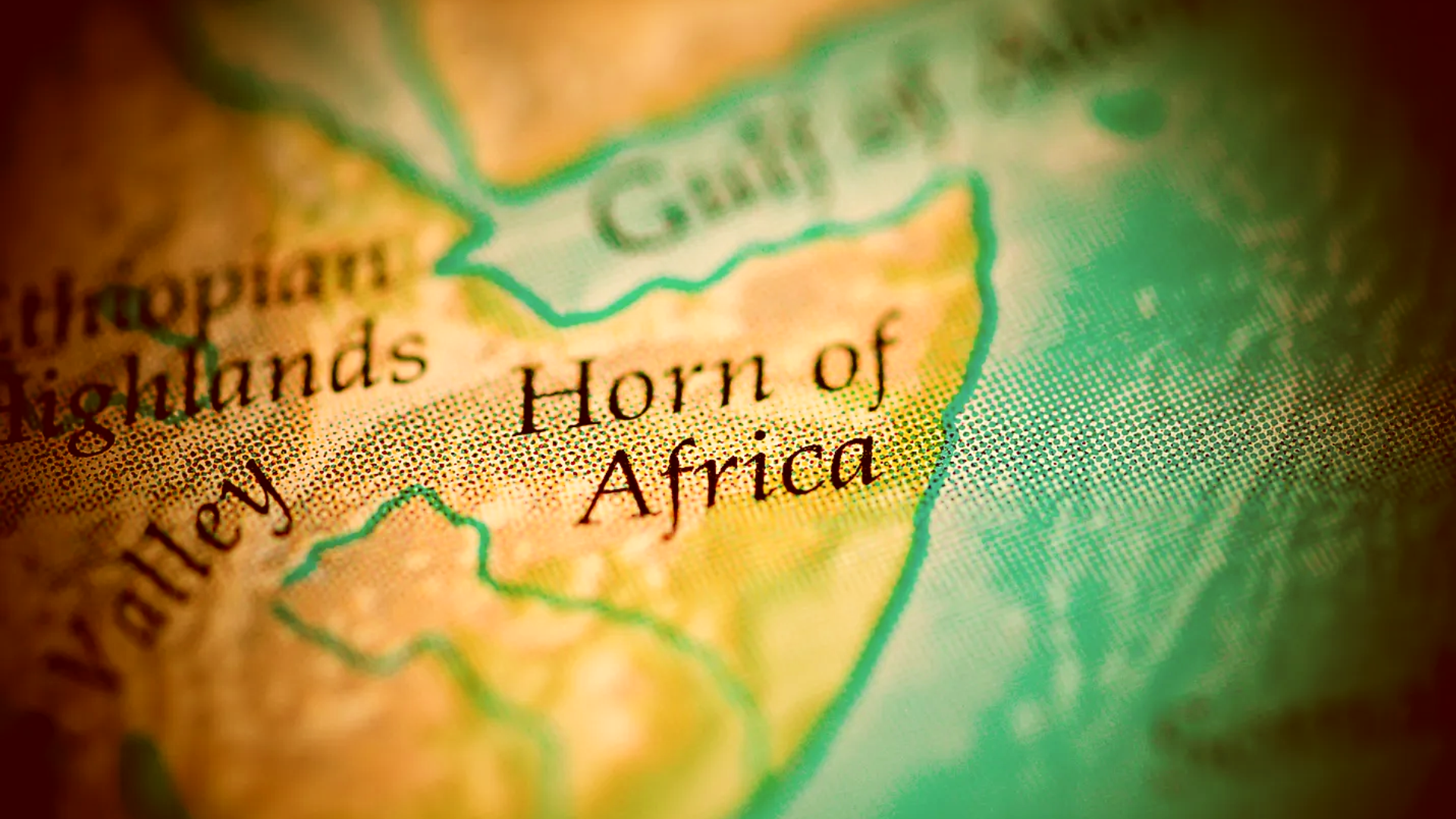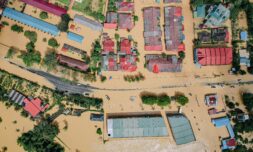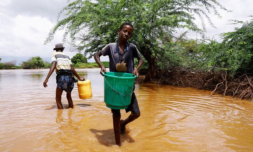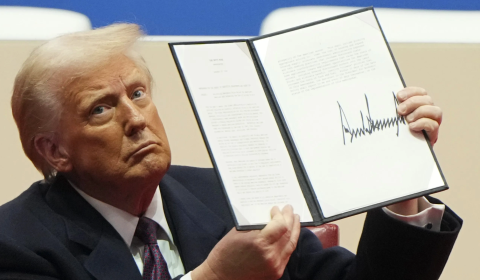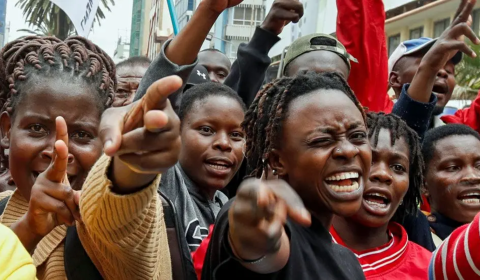As COP28 continues, critical discourse surrounding climate change is unfolding. While sweeping decarbonization plans take center stage, immediate relief in the African Horn doesn’t appear to be forthcoming. Can we amplify the discourse of those most affected, we ask an expert on the subject.
As Thred has covered across several recent stories, the Horn of Africa, comprising countries like Somalia, Ethiopia, Eritrea, Djibouti, and Sudan, is grappling with the severe consequences of climate change.
From prolonged droughts to erratic rainfall patterns and increased frequency of extreme weather events, the impact is profound. Refugees, who have already fled conflict and persecution, now face the ceaseless adversary of environmental degradation.
Recent analyses of climate adaptation strategies reveal a stark reality: the very people who are most vulnerable to climate change are often neglected in action plans to prevent its impacts. This, disappointingly, has been the case at COP28 thus far.
The Horn of Africa’s refugee populations are trapped in a vicious cycle of poverty, insecurity, and now, climate-induced hardships. According to the International Organization for Migration (IOM), about 22 million people are displaced annually due to climate-fueled disasters.
Year after year, the situation for refugees in the Horn of Africa worsens. Displaced communities, already struggling to meet their basic needs now contend with the loss of arable land, water scarcity, and the destruction of critical infrastructure. Many such communities are on the brink.

On a zoom call with Danish Refugee Council senior data-analyst, Alexander Kjaerum, based in Somalia, he highlighted the worsening impact of extreme weather on the continent. Mr. Kjaerum noted that in 2022, twice as many people were displaced by climate than conflict in Somalia and South Sudan alone.
He asserts that climate change disproportionately affects developing countries, which happen to host 80% of the world’s refugees. Nations with the highest such populations have on average received $9 per capita in climate adaptation financing annually in the past 10 years.
Those hosting the least, however, received $35 per capita every 12 months. This disparity worsens in conflict-affected regions, where adaptation funding is frequently withdrawn.









